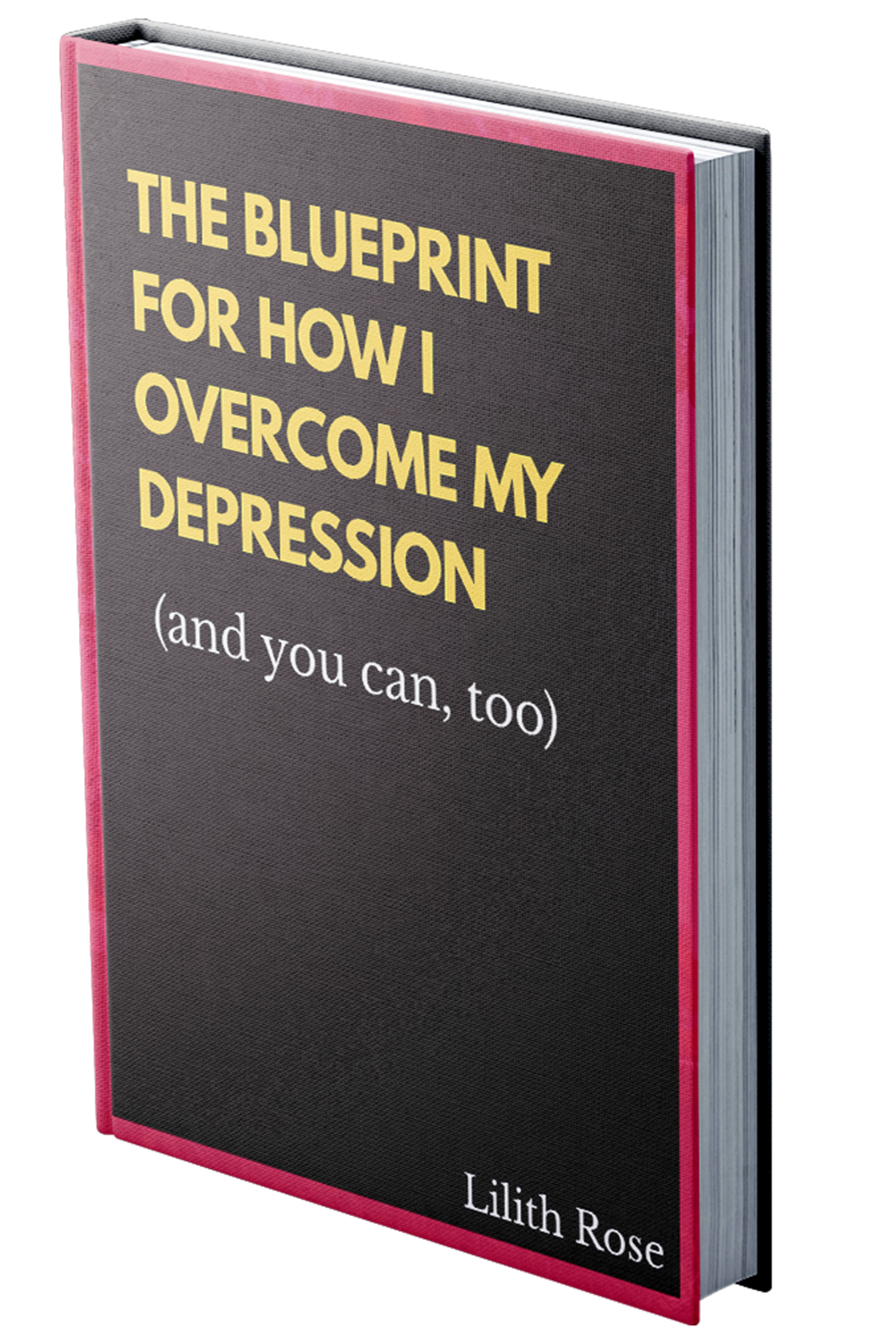You and parents should complete the checklists separately and then compare the results. I think you might both be surprised by each other’s responses.
(This is not a complete list of symptoms. If you or a family member is suicidal or exhibits other signs of depression/mental illness, call 9-1-1 or take them to a mental health professional immediately.)
Click here for a printable version of the checklist.
What has your (or your friend’s) life been like for the past two weeks? Check off the statements or behaviors that apply. If you have some of these symptoms (or others not on the list), tell your parents or someone who has the ability to help you. Depression is treatable, and you don’t have to suffer alone anymore. DON’T WAIT!
This is not a diagnosis. This is only a tool to encourage you to talk to your parents or another adult about how you’ve been feeling.
What has your life been like in the past two weeks?
I’m tired and have no energy to do anything.
I haven’t been eating, or I’m overeating.
I feel bad about myself. I’m a failure. I can’t do anything right.
I have trouble concentrating on what I’m doing.
My future is hopeless, or I can’t even visualize my future.
I have trouble falling asleep, staying asleep, or am sleeping too much.
I try to escape from the world I live in by watching TV, playing video games, listening to music, reading, or performing other activities for long periods of time.
I have difficulty making decisions, or I just don’t care about anything.
I neglect my physical hygiene.
I feel sad all the time. I can’t seem experience joy anymore.
I keep secrets from everybody.
I feel guilty for all the bad things I’ve done, which makes me feel worse.
I get angry easily.
I frequently have flashbacks to a trauma I experienced.
I feel that those around me the entire world is plotting against me.
I experience times of complete euphoria (intense happiness) where I feel invincible and that I can do anything.
I hear voices or see things that aren’t real.
I have trouble controlling my thoughts.
I regularly have severe mood swings.
I can’t sit still or focus on one thing.
I feel an intense need to go through certain rituals or repeat certain words or phrases.
I have trouble completing even simple tasks.
I have an unreasonable aversion to germs or disorder.
I feel lifeless—more dead than alive.
My family and friends hate me, and I hate them. I even hate myself.
I try to feel better by using drugs, alcohol, sex, cutting, self-harm, or other destructive activities.
I spend time thinking about HOW I might kill myself or others.
I feel trapped or stuck.
I have a hard time controlling my actions and act impulsively.
I feel depressed, even when good things happen to me.
I engage in reckless behaviors.
I have panic attacks where I can’t breathe, move, or think.
I cry easily and often.
I have lost interest in things that used to be important to me.
I feel so alone.
Sources:
http://counsellingresource.com/lib/quizzes/depression-testing/goldberg-depression/#about_scoring
http://www.integration.samhsa.gov/images/res/PHQ%20-%20Questions.pdf
http://psychcentral.com/news/2011/04/05/teens-more-into-music-than-reading-more-likely-to-be-depressed/25036.html
http://www.nytimes.com/health/guides/disease/adolescent-depression/overview.html
You and your child should complete the checklists separately and then compare the results. I think you might both be surprised by each other’s responses.
(This is not a complete list of symptoms. If you or a family member is suicidal or exhibits other signs of depression/mental illness, call 9-1-1 or take them to a mental health professional immediately.)
Click here for a printable version of the checklist.
Place a check mark next to the statements or behaviors he or she has been exhibiting or vocalizing. If your child has some of these symptoms or other changes in behavior, seek an assessment. Depression is treatable. DON’T WAIT!
This is not a diagnosis. This is only a tool to help you determine if your child is possibly experiencing something more serious than moodiness. If you’re not sure, ask a professional.
What has your child’s life been like in the past two weeks?
My child:
is tired and has no energy to do anything.
is not eating or is overeating.
feels bad about him or herself, like a failure, or that he or she can’t do anything right.
has trouble concentrating.
feels like the future is hopeless or can’t visualize the future.
has trouble falling asleep, staying asleep, or is sleeping too much.
tries to escape from the world by surfing the Internet, watching TV, playing video games, listening to music, reading, or performing other activities for excessively long periods.
has difficulty making decisions or just doesn’t care about anything.
has lost interest in things that used to be important to him or her.
neglects physical hygiene.
feels sad, blue, and unhappy all the time. Cannot experience joy anymore.
keeps secrets.
feels extremely guilty for past actions.
gets angry easily.
has trouble completing even simple tasks.
feels lifeless, more dead than alive.
feels hated by family and friends.
tries to feel better by using drugs, alcohol, sex, cutting, or other harmful activities.
has researched the easiest, least painful, or surest way to die.
feels trapped or caught.
feels depressed, even when good things happen.
engages in reckless behavior.
has anxiety.
cries easily and often.
feels so alone.
Sources:
http://counsellingresource.com/lib/quizzes/depression-testing/goldberg-depression/#about_scoring
http://www.integration.samhsa.gov/images/res/PHQ%20-%20Questions.pdf
http://psychcentral.com/news/2011/04/05/teens-more-into-music-than-reading-more-likely-to-be-depressed/25036.html
http://www.nytimes.com/health/guides/disease/adolescent-depression/overview.html



